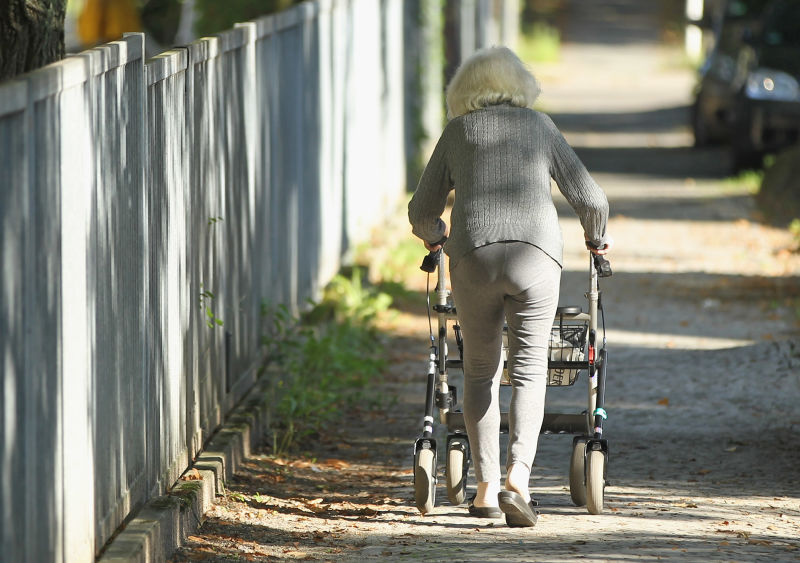Nearly half of low-income elderly Californians have opted out of a statewide managed care experiment because they feared losing their doctors and were reluctant to make any changes to their health care, according to survey data released Tuesday by the Field Poll.
California is in the middle of a three-year pilot project aimed at nearly 500,000 of the state’s most costly patients -- so-called dual eligibles. The beneficiaries receive both Medicare, the health insurance program for seniors and the disabled, and Medicaid, called Medi-Cal in California, which provides coverage for the poor.
The state program, known as Cal MediConnect, has had a high rate of people opting out -- about 47 percent, according to the state Department of Health Care Services.
“Resistance to change is not surprising,” said Mark DiCamillo, senior vice president of the Field Research Corp. “It is an older population. ... The status quo is the easiest course.”
In some cases, DiCamillo said, their fears were valid. Nearly 30 percent of those enrolled in the new managed care program ended up with a different personal doctor, according to the survey. About the same percentage of enrollees in the program said they had been seeing their doctor for one year or less.
